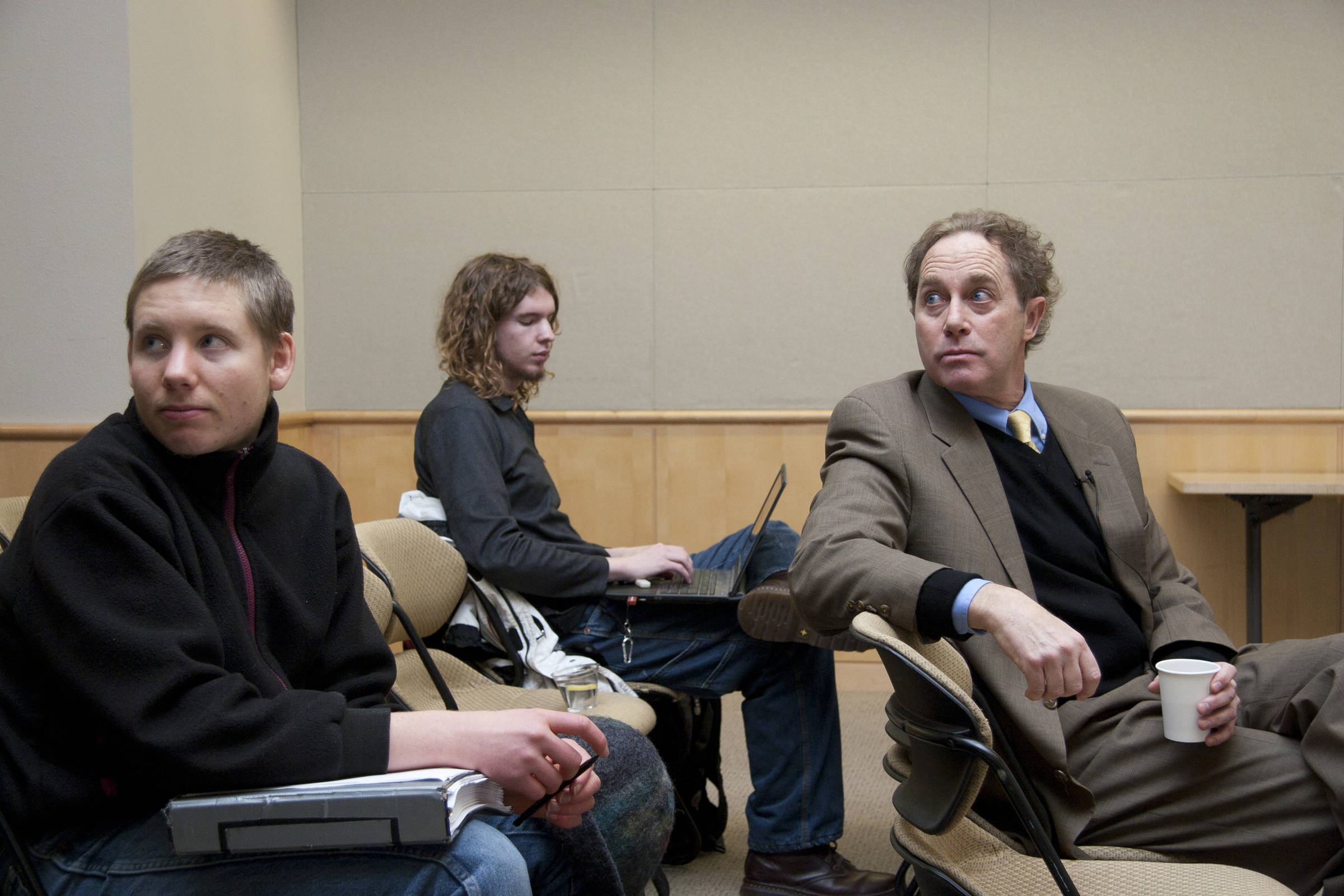ABSTRACT
This subject reflects my research and writing and I hope it will facilitate understanding of an ancient theme: How to govern in accord with constitutional and legal principles (considered universal and perennial) while addressing emergencies (considered idiosyncratic and immediate) that escape or defy law. It's a problem that gripped the ancient Athenians as well as the Romans, and it has been a subject of enduring interest in the Anglo-Saxon world of law. Indeed, it has absorbed the wit and energy of scholars and statesmen for centuries. It is a familiar subject to Americans who, since our founding, have faced emergencies that have outrun the law. It became a prominent issue during the Cold War, as presidents and their supporters urged unbridled executive power to confront the Soviet bogeyman. Since 9/11, the issue of the scope of presidential power has become the issue of the season, as presidents and their champions have urged the removal of restraints from the exercise of executive power. We find the arguments in the Torture Memos and in the rationales invoked by the Obama Administration. So, this is a theme that resounds across the centuries and represents philosophical, political, legal and constitutional questions of great moment for the republic. Among others, we may raise the question: Is it possible to suspend liberties in times of crisis in order to preserve the nation without surrendering American Constitutionalism? Can those liberties, once sacrificed, be restored? Can we save Democracy through un-Democratic means?
BIOGRAPHY
David Gray Adler became the director of the James A. and Louise McClure Center
for Public Policy Research in August 2010. Prior to that, he served as director
of the Center for Constitutional Studies and professor of political science at
Idaho State University, where he taught courses on the constitution, the
presidency and the Bill of Rights. A recipient of teaching, civic and writing
awards, Adler has published in the leading journals of his field, and has
lectured nationally and internationally on the constitution and presidential
power, including talks at some 30 colleges and universities. He is the author of
more than 100 scholarly articles, essays and book chapters. Adler's books
include: "American Constitutional Law"; "The Constitution and the Conduct of
American Foreign Policy"; "The Presidency and the Law: The Clinton Legacy"; and
"The Constitution and the Termination of Treaties." He also is the author two
forthcoming books: "The Steel Seizure Case; Presidential Power and Foreign
Affairs: The Legacy of Curtiss-Wright", and "The Constitution and Presidential
Power."
Adler's scholarly writings have been widely cited by political scientists,
historians and law professors, and they have been invoked by Republicans and
Democrats serving in all three branches of government. He has consulted with
members of Congress from both parties on a variety of constitutional issues,
including impeachment. He is currently writing a book on the need to restore a
constitutional presidency. Adler's lectures have aired on C-Span and he has done
scores of interviews with news outlets including the New York Times, Washington
Times, Washington Post, Wall Street Journal, Los Angeles Times, Newsweek,
National Review, NPR and the BBC. Adler has served as a member of the board of
directors of various academic and civic organizations. He earned a bachelor's
degree from Michigan State University and a doctorate from the University of
Utah.
Adler has enjoyed extensive university and public service experience. He served
by appointment of the State Board of Education as faculty representative to the
Idaho State University Presidential Search Committee. Adler has lectured widely
throughout Idaho. He has delivered nearly 500 public lectures on a variety of
constitutional and governance issues to professional, academic and community
audiences in the state, and serves as member of the Idaho Humanities Council's
Speakers Bureau.
For more information: Rodney Frey



